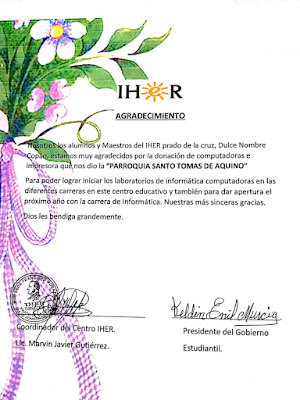As I have mentioned before in this blog, visiting the sick has been one of the most profound aspects of my diaconal ministry. Being able to visit, to talk with the sick person and with the caretakes, and to be able to share the Eucharist are a great gift, a privilege.
At times I don’t know what to say and so I just use the prayers in a book I have.
I’ll make a little small talk before I begin, asking how they are, and will often given a short commentary on a scripture passage.
Being present is the gift.
But yesterday I was on the receiving end.
I asked a neighbor, who is a communion minister, to bring me communion. She came with her young grandson; we prayed and I received communion.
It was clear that she felt a little uncomfortable since she is accustomed to receiving communion from me or to accompanying me when I bring communion to others.
But I suddenly realized the significance of this ministry.
When we go to the sick, we bring Jesus in Communion, but we also come as the Church, the Body of Christ. Christ in the Eucharist is inseparable from Christ in His Body, the People of God.
All too often I’ve felt that some Eucharistic practices are too individualistic – me and Jesus, Jesus coming to ME.
We look at the Eucharist from outside – as a spectacle. We even look at the Eucharist as MY food, as a commodity.
But receiving communion from the hands of a communion minister helped me see that communion is a communal practice, a communal encounter with Christ – in the Eucharist and the Church.
We don’t give ourselves Communion; we receive it from the community of faith.
This inspires me to re-envision how I will visit the sick in the future.
We, both ordinary and extraordinary ministers of Communion, bring Jesus but we also bring the Church, the Body of Christ.
----
NOTE: I just began reading Monika K. Hellwig's The Eucharist and the Hunger of the World. Second Edition, published in 1992. I am sure that the introduction opened me to this insight. She mentions how, even with the post-Vatican II changes, we feel as if we are coming to the Eucharist as a "spectacle." But, as she notes,
To take part in a eucharistic celebration is always an act of allegiance, of self-identification and of commitment, however slight.

















